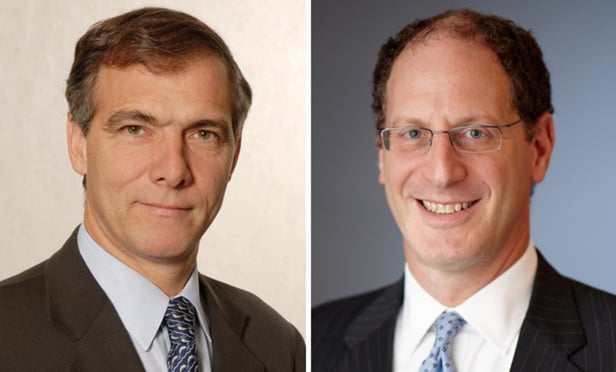A criminal defendant’s decision to take the stand or remain silent in the face of the government’s accusations is one of the most pivotal choices to be made during a criminal trial. Frequently, defendants opt to stay silent, fearing the prosecution’s inevitable attack on their credibility and character if they take the stand to defend themselves. Many believe, however, that declining to take the stand in white-collar cases is risky, particularly in insider trading prosecutions—just ask Michael Steinberg, Raj Rajaratnam, or Rajat Gupta, a few of those convicted in recent high-profile insider trading cases after deciding not to testify at trial.
The popular perception is that the jury wants to hear the defendant’s story from the horse’s mouth and a defendant’s decision to stay silent can give the impression that he or she has something to hide. In some instances, however, the “something to hide” may be unrelated to the case at hand. It may be a 14-year-old law school expulsion for altering an academic transcript, for example, or evidence that the date on an email was changed in an attempt to cover-up the aforementioned transcript alteration.



